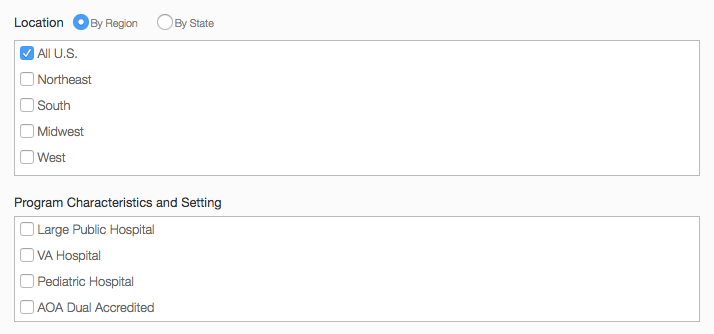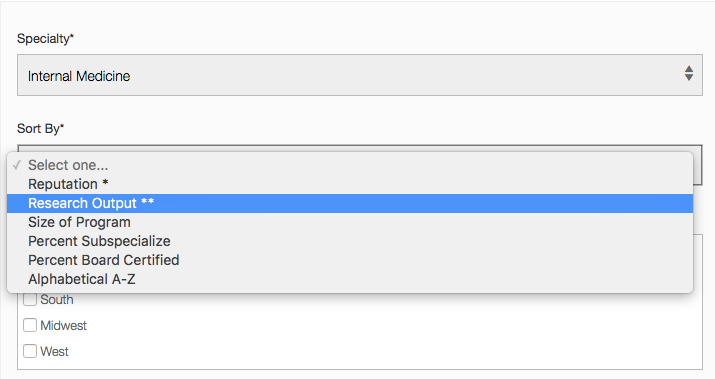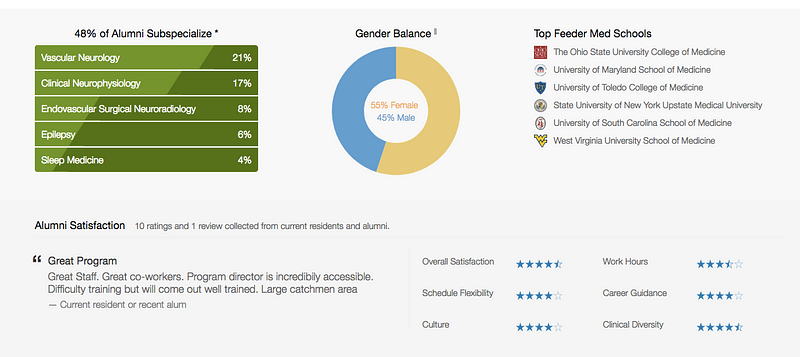Your Best Match: 2 Important Things to do Before Applying on ERAS

#1 Get Four Strong Letters of Recommendation
This is the most important thing to do before you apply to Electronic Residency Application Service (ERAS). You will need four strong letters of recommendation for residency.
How do you do this?
Think about your 3rd year medical student rotations and consider which two attendings that you worked with would write the strongest letter for you. This person will have to ideally vouch for your interpersonal skills, work ethic and medical knowledge.
Set up an appointment with the attendings to update them on your future medical goals and ask if they feel comfortable writing you a strong letter of recommendation. Your goal is to have two outstanding letters of recommendations from 3rd year of medical school.
Get two strong letters of recommendations from your 4th year specialty rotation. Some call this the “audition” month. During this month, you will have to come in early (before the residents) and stay late. Your goal is to function at an intern level and get along with everyone that you meet. Most importantly, be a team player by volunteering to help out the residents and attendings during the day. If an attending or resident asks you to help out, smile and say “yes.” Never complain. Keep a positive attitude. Be a team player.
At the end of the audition rotation, set up a meeting with the attending(s) for the rotation and ask for feedback. During the meeting, ask if the attending feels comfortable writing you a strong letter of recommendation.
Also if neither letter is from the program director, set up an office meeting to talk to the program director. During the meeting, ask the program director if they could get a composite feedback from all of the attendings and residents that worked with you for a letter of recommendation. The PD letter will be the most important letter of recommendation in your application.
If you are doing an away rotation, follow these recommendations.
Before your away rotation, email the away rotation program director (PD) if you can meet with them briefly because you are doing an away rotation at their institution. When you meet with the PD, ask if at the end of the rotation if the PD could ask all of the residents and attendings that you worked with for their feedback and use the feedback to write a composite letter of recommendation. The away rotation letter of recommendation can replace one of your 3rd year letters of recommendations.
#2 Start Exploring Residency Programs
You don’t want to wait until September before you start learning about residency programs. There is so much to learn about each program before you apply to them.
Where do you start?
Go to residency.doximity.com to access the Doximity Residency Navigator. It is a trusted resource done by over 275,000 peer nominations, ratings, and written reviews. Doximity residency navigator has data for over 4,000 programs spanning 28 specialties.
First select your specialty of interest. You can list the programs by academic reputation, research output, size of the program, percent subspecialize, and percent board certified. You can also sort by geographic area such as Northwest, South, Midwest, West, or All U.S. If you are interested in program characteristics you can even click large public hospital, VA hospital, Pediatric Hospital, or AOA Dual Accredited.

Next think about the cities of the programs that you want to join. Are you a city person? Do you like college towns? Will your spouse like bumper to bumper traffic? Will your spouse be bored in a small town? Residency navigator separates programs based on training environment such as urban or rural.

You can even learn about each residency program’s curriculum, percentage that pursue fellowships, and board pass rate on the Doximity Residency Navigator. Once you select a program. The program will list board pass rate, percentage of residents that pursue fellowship programs after residency training, and the program’s website link to learn more about their curriculum.

Lastly, once you find residency programs that you like, add these programs to your favorites list for tracking throughout the application season. You can even type personal notes about each program during the application season.
Once you have your letters of recommendations in hand, and know which kinds of programs are best suited to you, you’ll be ready to tackle ERAS and take the next step in your application process. Good luck!
